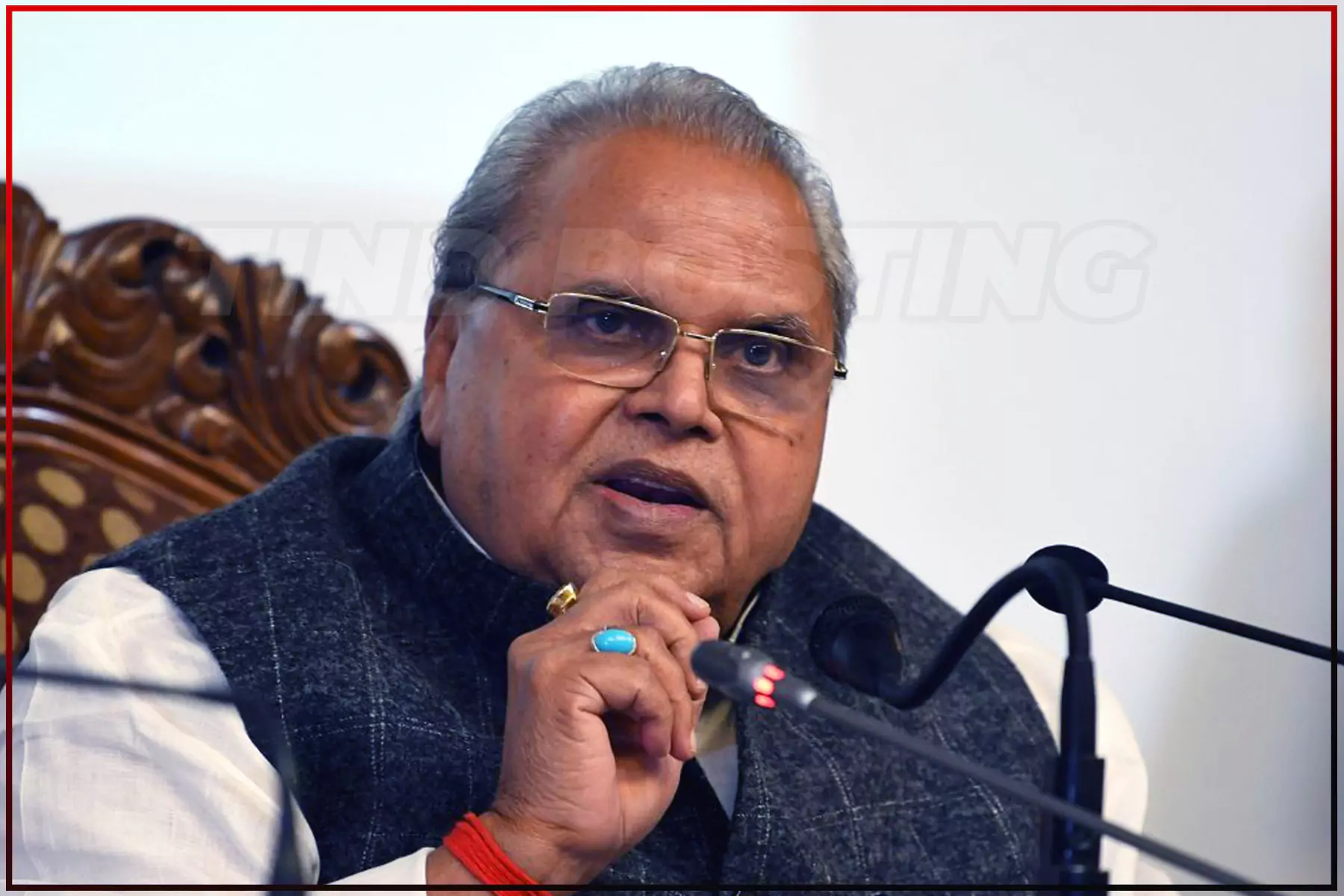The home of the former governor of Jammu and Kashmir, Satyapal Malik, has been searched by the CBI. Regarding the Kiru Hydroelectric Project contract, the CBI has taken this action.
The agency has conducted raids at thirty locations that are associated with them. The information claims that there was corruption in the project’s contract awarding process, and the CBI team visited the former governor’s home as part of their investigation. Malik was the one who first reported this fraud. In this case, CBI had filed a case.
A private company was awarded a civil work contract for this project in 2019 that was estimated to be worth around Rs 2,200 crore. This contract is said to have been a scam. In this instance, the CBI had also conducted numerous raids in December. These individuals included the raided Kanwaljit Singh Duggal and DP Singh, who were connected to the company. In an interview, Malik claimed that he was also offered Rs 200 crore in exchange for approving two files, one of which was the project at hand, but he turned it down.
Jammu and Kashmir was governed by Satyapal Malik from August 23, 2018, to October 30, 2019. He claimed that during this time, he received the project file and an offer of bribes totaling Rs 300 crore, which he had to approve. In this instance, the agency has taken into custody former officials M.S. and Naveen Kumar Chaudhary, the former chairman of Chenab Valley Power Project Private Limited. A case has been filed against Patel Engineering, Babu, M.K. Mittal, and Arun Kumar Mishra.
Accusations based on which the search took place
According to CBI sources, the agency searched Malik’s home in search of some evidence pertaining to this case. This case is being looked into by the CBI since April 2022. Kishtwar is 42 kilometres away from Kiru Project. The government of Jammu and Kashmir had asked the CBI to look into the situation on April 20, 2022. It is claimed that when contracts for this project are being awarded, a decision was made not to invite e-tenders. This was allegedly done to allow for the awarding of the contract to be fraudulently obtained.
